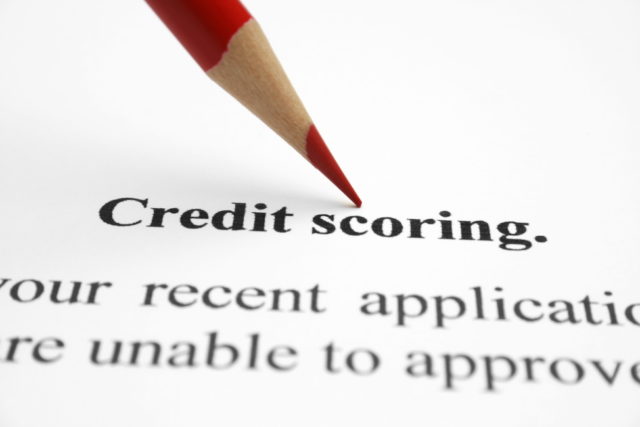
Your credit score is an essential element in knowing your financial health. The higher your credit score is, the higher the chances are for you to get approved for a loan.
Your credit score can be as low as 300 up to 850. A score of 800 + is a “perfect” score, which means a higher chance of getting your loan application approved. Just recently, the FICO score has reached its highest ever, an all time high of 706. For those who don’t know, FICO is the standard for calculating the credit score, which uses the 300-850 range. Your FICO score will depend on several factors, such as payment history, the length of the loan period, current debt, and types of debt.
To attain a good credit score, here are a few ways to do so.
Pay bills on time
The factor that mostly affects credit score is how timely you pay your debt. It shows how you are paying for your existing debt and how you will pay for your future debt. If you pay on time, this indicates that you will also pay on time for your future debts.
If you’re behind in some of your payments, make them current before applying for another credit. Pledge yourself to make payments on time by setting up automatic payments or creating calendars and phone reminders to ensure your timely payment.
Pay previous debts and keep your credit balance low
Credit utilization is also a factor to consider to increase your credit score. This factor is the amount of revolving credit you are currently using over the amount of revolving credit available for you to use, or your credit limit.
For example, if you have a loan of $10 and your credit limit is $100, then your credit utilization ratio is 10%.
You should keep your credit utilization ratio at 30%. If it goes beyond 30%, then you should pay off a chunk of your debt to decrease the ratio. Keeping a low credit utilization ratio makes lenders think you have not used up all your credit limits. Keeping a low credit utilization ratio can be done by looking for other sources of income and cutting back on your expenses.
Apply for new credit only when needed
Applying for new credit increases your credit limit. However, it hurts your credit score if you apply after a short period of time from your last application. Having an increased credit limit tempts you to spend more than what you can pay. This results in being drowned in too much credit.
Avoid applying for multiple credits
Applying for multiple credits simultaneously can hurt your credit score. Having numerous applications suggests that you are a riskier borrower than someone who is occasionally applying. In every credit application, your credit report is flagged for “hard inquiry.” This inquiry is different from a “soft inquiry,” where the lender only looks into small details, like employment checks and self-checks.
Each inquiry into your credit can drop your credit score by a few points. And hard inquiries always trigger a temporary decrease in the credit score. These hard inquiries are the ones you need to limit or avoid.
Look for 0% interest
Some lenders offer 0% interest valid for up to 2 years. Zero-interest is ideal for those who are looking to pay within those years without interest. Having a 0% interest will make it easier for you to pay your debt. However, if you do not finish paying for your loan in 2 years, then the interest will kick in.
Keep accounts open
Coming from bad credit, some consider closing off their credit accounts. However, do not close paid off or unused credit accounts. Your credit age and history can dramatically affect your credit score. The older your average credit age is, the more you appeal to the lenders.
Closing credit account means losing its credit limit that affects your credit utilization ratio, which in turn lowers your credit score. Just make sure to use these credit cards occasionally or never at all. Closing an account shows up in the credit report anyway.
Check your credit reports
Check your credit reports for any errors or inaccuracies from Equifax, Experian, or TransUnion. There may be incorrect information on your credit reports that will hurt your credit score, such as misreported timely payment reports or open accounts, even if you already paid them off. If you find any errors, you can have it removed through “dispute.”
After “disputing” your concerns, then the incorrect information will be corrected, unverified information will be updated and deleted, and verified information will remain in your credit report. Do not fret; filing a dispute will not affect your credit score.
Takeaway
If you want to improve your credit score, the two main things you should do is to pay your bills on time and to keep your credit balances low. If you do these two, then you are guaranteed that your credit score will increase, and your chances of the approval of your credit application will be higher.












